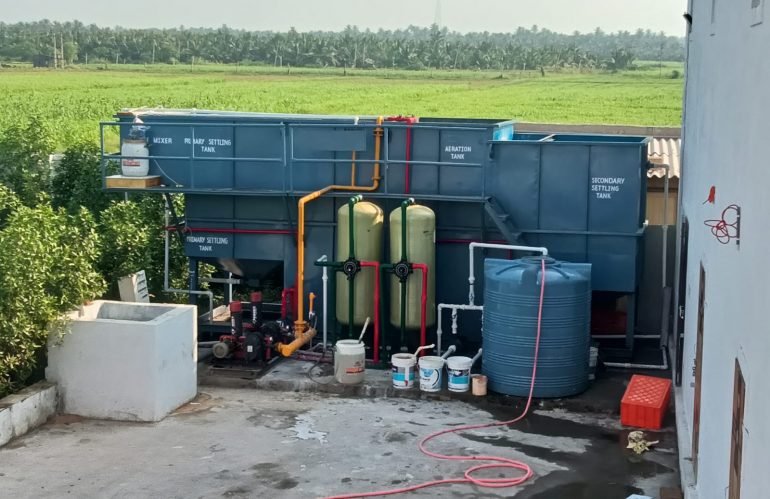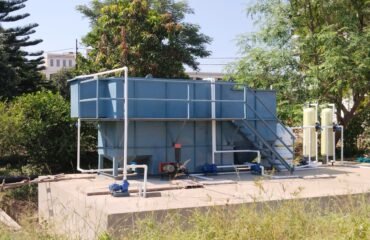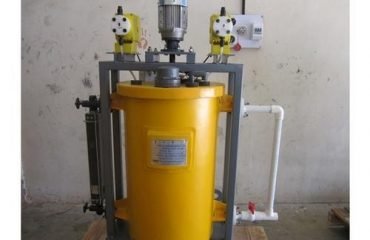Madurai, often referred to as the “Temple City” and one of the oldest continuously inhabited cities in India, boasts a rich cultural heritage and a rapidly growing urban landscape. With this growth comes the challenge of managing wastewater effectively. Sewage Treatment Plant (STP) are pivotal in ensuring a sustainable and clean environment for the city.
The Crucial Role of Sewage Treatment Plant
Sewage Treatment Plant, or STP, serve as the backbone of urban sanitation by treating and purifying wastewater generated from various sources. In a city like Madurai, where both population and industrial activities are on the rise, the establishment of efficient STP is indispensable.
Why Madurai Embraces STP
Madurai’s commitment to sewage treatment can be attributed to several key factors:
- Urbanization: Madurai is witnessing a steady influx of people from rural areas in search of better opportunities. This urbanization leads to increased wastewater generation, necessitating advanced sewage treatment.
- Cultural and Environmental Significance: Madurai’s cultural and historical significance is complemented by its beautiful landscapes. Proper wastewater treatment is essential to preserving the city’s environment and preventing contamination of natural resources.
- Public Health: Access to clean and safe water is paramount for public health. STP play a pivotal role in treating sewage to a level where it poses no threat to human health, reducing the risk of waterborne diseases.
Functioning of STP in Madurai
STP in Madurai operate through a systematic process to efficiently treat wastewater. Here’s an overview of their typical functions:
1. Primary Treatment
The primary treatment phase involves physical processes such as screening and sedimentation. Large solids and debris are removed from the sewage during this phase, reducing the organic load for subsequent treatment stages.
2. Secondary Treatment
Secondary treatment employs biological processes, where microorganisms break down organic matter in the sewage. This step significantly reduces the levels of biological oxygen demand (BOD) and chemical oxygen demand (COD) in the wastewater.
3. Tertiary Treatment
Tertiary treatment is an advanced stage that further enhances effluent quality. It may include processes like filtration, chemical treatment, and disinfection to remove any remaining impurities.
4. Discharge or Reuse
The treated sewage can be safely discharged into the environment, adhering to strict regulatory standards, or repurposed for non-potable applications such as irrigation, landscaping, or industrial processes.
Benefits of Sewage Treatment Plant
Investment in STP in Madurai yields several advantages:
- Environmental Preservation: STP play a pivotal role in protecting the environment by ensuring that wastewater is treated to meet stringent standards, preventing contamination of natural resources.
- Resource Conservation: By recycling and reusing treated wastewater, Madurai reduces its reliance on freshwater sources, promoting sustainable water use and availability.
- Public Health: Proper sewage treatment enhances public health by preventing the spread of waterborne diseases and improving overall hygiene.
In Conclusion
Sewage Treatment Plant in Madurai represent the city’s dedication to harmonious urban development while safeguarding its cultural and environmental treasures. These facilities are instrumental in ensuring that Madurai’s residents continue to enjoy a clean and sustainable living environment as the city marches forward into the future.





